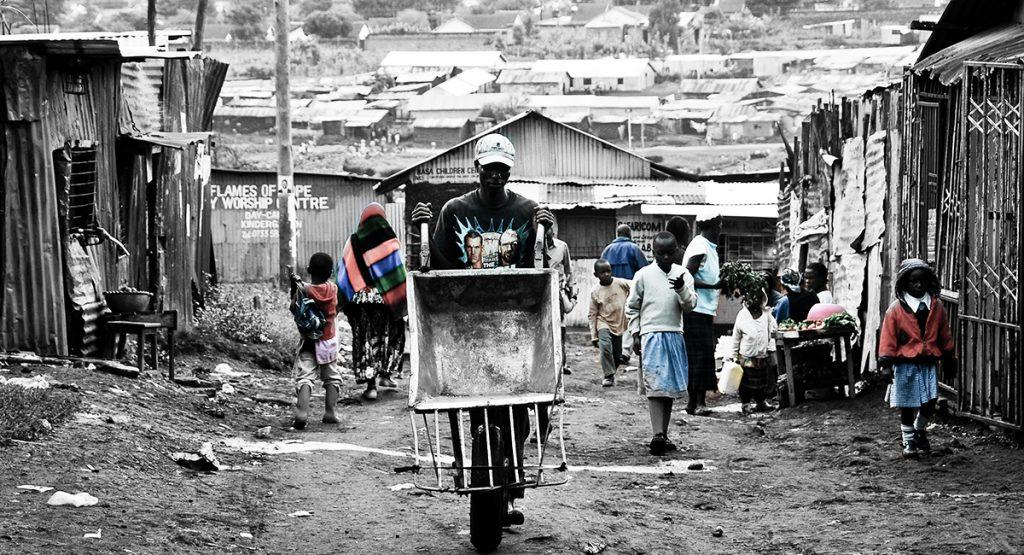The discussion about unemployment and underemployment in Kenya could be considered by some as tiring or stale but still remains as relevant as schooling and seeking means of survival are.
Youth are the most affected cohort of the population. Recent statistical data published by the Kenya National Bureau of Statistics (KNBS) indicates that out of about 1.8 million unemployed Kenyans, slightly more than 1.4 million are aged between 15 and 34 years. Further, 651,491 youth aged between 15 and 34 years are underemployed out of almost 1.2 million underemployed Kenyans.
Of course, the above data was based on sampling implying that the unemployment/underemployment situation could be worse in real terms.
Considering that the situation is gloomier on the ground than the figures otherwise presented by KNBS, then who shoulders the blame of an economy that’s typically a jobless growth model? The buck stops with the government, and by the government I mean its three arms; Parliament, Executive, and Judiciary.
Collectively, these three entities have failed especially in taming runaway corruption, and secondly, by allowing warped economic policies to flourish.
Kenya loses approximately one-third of its annual budget due to corruption. Based on this, then we have cumulatively lost at least Kshs.7 trillion since the Jubilee administration assumed office. This amount dwarfs the country’s real Gross Domestic Product (GDP) and trails the nominal GDP which the Central Bank of Kenya (CBK) estimates to be Kshs.5 trillion & 9 trillion respectively.
Even though GDP does not accurately measure an economy’s state, the truth of the matter is that more decent jobs would have been created in the public and private sectors if the government was fully committed to stamp out corruption.
The Jubilee administration has failed to deliver the annual 1 million and 1.3 million jobs it promised in 2013 and 2017 respectively, largely due to corruption and indecent borrowing to finance high-cost infrastructural projects.
According to the 2020 Economic Survey report, from 2015 to 2019, about 502,000 and 3.7 million jobs were created in the formal and informal sectors respectively. From 2017 to 2019, there has been a consistent decline in the number of jobs created in the formal sector which can be attributed to most business enterprises closing shop.
Warped economic policies have contributed to slow growth in the number of employment opportunities created. For instance, borrowing to invest in high-cost projects like the standard gauge railway line instead of investing in sectors where the majority eke out their living such as smallholder farming, eventually crowds them out and suppresses their productivity.
Although prioritized as one of the four pillars of the farcical Big Four Agenda, the manufacturing sector is still struggling and yet, with effective political goodwill, could create hundreds of thousands of jobs, directly and indirectly.
A harsh business environment that has forced some enterprises to relocate from Kenya and local ones to collapse is an indicator of unfavorable economic policies. Taxation, in particular, is cited as one of the main causes of relocation and folding up.
The government has embarked on short-term solutions such as the government internship programs and the Kazi Mtaani initiative to address unemployment. Economically, this is neither a necessary nor sufficient condition to fix the challenge of unemployment.
In 2019, the national government hatched a plan to export one million jobs yearly as a measure to address unemployment. Recently, Labour Cabinet Secretary Simon Chelugui, revealed that Kenya was finalizing bilateral labor agreements with some Gulf countries to formally export labor. This could appear economically and socially viable in the short-run but may actually perpetuate brain drain in the long-run.
Therefore, addressing unemployment and underemployment in Kenya starts with electing competent politicians. That’s how we can get an effective government, and on matters of unemployment/underemployment, the buck stops with the government. Accordingly, the only path to economic prosperity is political prosperity.
Sitati Wasilwa is a political economist. Twitter: @SitatiWasilwa LinkedIn: Sitati Wasilwa Facebook: Sitati Wasilwa Podcast: Sitati Wasilwa



